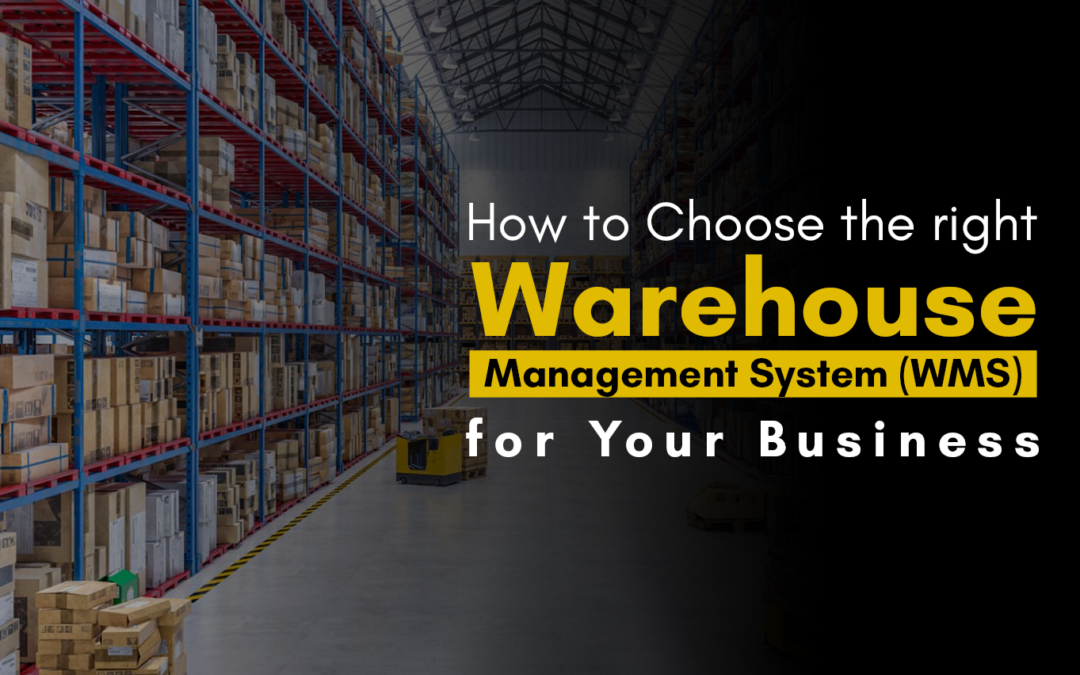A Warehouse Management System (WMS) is essential for streamlining warehouse operations, improving inventory accuracy, and enhancing overall efficiency. However, with so many options available, selecting the right WMS for your business can be challenging. This guide will help you navigate the process and make an informed decision.
Understanding Your Business Needs
Before choosing a WMS, evaluate your warehouse operations and identify specific challenges. Consider factors such as:
- Inventory Complexity: Do you manage large or diverse stock?
- Order Volume: How fast do you process and fulfill orders?
- Integration Needs: Does your business rely on ERP, e-commerce, or shipping platforms?
- Scalability: Will the WMS accommodate future growth?
Key Features to Look for in a WMS
- Inventory Management: Real-time stock tracking and optimization.
- Order Fulfillment: Automated picking, packing, and shipping processes.
- Integration Capabilities: Seamless connectivity with existing software.
- Reporting & Analytics: Data-driven insights for decision-making.
- Multi-location Support: Managing multiple warehouses efficiently.
Cloud-Based vs. On-Premise WMS
WMS solutions come in two primary forms:
- Cloud-Based WMS: Hosted on the cloud, requiring no physical infrastructure. It offers flexibility and regular updates.
- On-Premise WMS: Installed locally, providing more control but requiring higher initial investment and maintenance.
User Experience Matters
A complex WMS can slow down operations. Choose a system with:
- An intuitive and user-friendly interface.
- Easy onboarding and training for employees.
- Mobile compatibility for warehouse staff.
Integration Capabilities
Your WMS should integrate seamlessly with:
- Enterprise Resource Planning (ERP) systems
- Customer Relationship Management (CRM) software
- E-commerce platforms (Shopify, Magento, WooCommerce)
- Shipping carriers and 3PL providers
Customization and Scalability
Your WMS should be adaptable as your business grows. Look for:
- Customizable workflows and automation rules.
- The ability to handle increasing inventory and orders.
- Expansion capability for multiple warehouse locations.
Cost Considerations & ROI
Evaluate the total cost of ownership, including:
- Licensing fees.
- Implementation and training costs.
- Ongoing maintenance and support fees.
- ROI through efficiency improvements and error reduction.
Testing Before Commitment
Before finalizing your choice, request:
- A demo to see the system in action.
- A trial period to test real-time functionality.
- Customer references to gauge real-world performance.
Selecting a Reliable WMS Provider
Choose a provider with:
- A strong industry reputation.
- Excellent customer support and training resources.
- A commitment to software updates and feature improvements.
Looking for expert advice on selecting the best WMS for your business? Contact Forward Space Logistics PVT LTD
Our team is here to help you optimize your warehouse operations with the right WMS solution.

